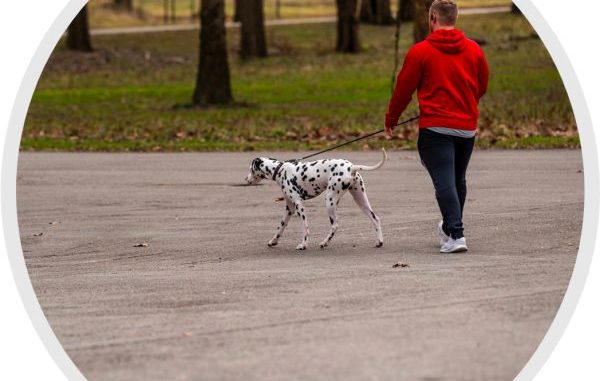
Everyone has limitations. For some, they make daily tasks such as getting from place to place difficult or impossible. Others may struggle to stay calm in intense social situations or suffer from severe food allergies. In all these cases, specially trained canines (service dogs) can be introduced to lighten the load on their human companions to help manage and overcome their disabilities.
Visit Mouthful Matters for wellness solutions to help you live your best life.
Various Helpful Canines
Service animals go through rigorous training before being released to an owner. They can be coached to pull wheelchairs. Press elevator buttons. Identify when it’s safe to cross a street. They can even sit through entire movies and plays in theaters without causing a disturbance. A working dog should be left alone when on the job, so petting one without first asking is frowned upon. It can also be potentially dangerous to yourself, the animal, or the person the dog is servicing.
Various breeds excel at different support specializations. The Belgian Malinois, for instance, has loyalty and temperament that makes them an excellent mobility service dog for disabled veterans while also providing security and companionship. French Bulldogs, on the other hand, are a less physically capable breed that can instead be trained to provide their owners with emotional support.
Other breeds excel at incredibly specific tasks such as allergen detection. They also pick up early-warning strategies for epileptic owners in the preliminary stages of a seizure. Both of these feats are accomplished with dogs’ hypersensitive noses, which can sniff out common allergens in food and changes in the chemical makeup of a human’s saliva respectively. Active and excitable breeds like the Australian Shepherd may not be best for sedentary people or those who need dedicated attention, but even they can be trained for particularly active owners in need of assistance.
Vital Supplies and Considerations
Service dogs require a variety of specialized equipment depending on their purpose. The animal’s trainer will be able to tell you which items you’ll need. But at minimum, you should have a vest or collar that signals to others that your canine is “on the job” and should not be pet without permission.
Just as with a regular pet, it’s important to bond with your service dog. Particularly when they first arrive at your home, being there for them will make them feel secure and welcome while developing an affinity for you. You should also provide them with a safe and calm environment. Dogs tend to pick up on the moods of those around them. So keeping yourself stress-free will help do the same for your animal.
Working animals, in particular, need plenty of exercise and enrichment to keep their skills and training effective. Taking them for frequent walks if feasible or cutting them loose in a large, fenced-in yard are great ways to keep your dog active while using up any excess energy that may make them too antsy to perform their services. If you live in an apartment, consider relocating to a pedestrian-friendly area with a high Walk Score. This will be easier to exercise your pup.
No matter the limitations you face, you should have access to the accommodations you need. Service dogs can help you to integrate yourself into a society that may not have your needs in mind. This also providing the comfort and companionship of a standard pet.
![]()







Leave a Reply